![图片[1]-Drone Sprayers for Organic Farming: Sustainable Solutions for Modern Agriculture-msoen](https://www.msoen.com/wp-content/uploads/2025/04/0e151c96c1214759-768x1024.jpg)
Organic farming prioritizes environmental health, biodiversity, and chemical-free crop production. However, managing pests, diseases, and nutrient delivery without synthetic inputs poses unique challenges. Drone sprayers are emerging as a game-changing tool for organic farmers, enabling precision, efficiency, and adherence to strict organic certification standards. This article explores how drone technology aligns with organic principles, its applications, and best practices for implementation.
Why Drones Fit Organic Farming Philosophies
Organic farming avoids synthetic pesticides and fertilizers, relying instead on natural solutions like biopesticides, compost teas, and beneficial microbes. Drone sprayers enhance these practices by offering:
- Precision Application:
- Target specific areas (e.g., pest-infested zones or nutrient-deficient crops) to minimize waste and prevent over-application.
- Example: Spraying neem oil only on aphid-affected sections of a lettuce field.
- Reduced Environmental Impact:
- Lower carbon footprint compared to tractor-mounted sprayers.
- Prevent soil compaction and protect beneficial insects like pollinators.
- Compliance with Organic Standards:
- Ensure traceability and avoid cross-contamination from non-organic fields.
Key Applications of Drone Sprayers in Organic Farming
- Biopesticide Delivery:
- Drones evenly distribute organic-approved pesticides, such as bacillus thuringiensis (Bt) or pyrethrin, to combat pests without harming ecosystems.
- Foliar Feeding:
- Spray nutrient-rich organic solutions (e.g., seaweed extract or fish emulsion) directly onto leaves for rapid absorption.
- Cover Crop Management:
- Apply microbial inoculants to boost soil health in cover crops, enhancing nitrogen fixation.
- Disease Prevention:
- Use drones to spot-treat fungal infections with copper-based or sulfur-based organic fungicides.
Technology Behind Organic-Compatible Drone Sprayers
Modern organic farming drones integrate specialized features to meet sustainability goals:
- Multi-Spectral and Thermal Cameras: Identify pest hotspots, nutrient deficiencies, or irrigation issues.
- Variable Rate Technology (VRT): Adjust spray volume based on real-time field data.
- Ultrasonic Nozzles: Generate ultra-fine droplets (50–150 microns) for optimal coverage of organic solutions.
- Solar-Powered Models: Reduce reliance on fossil fuels.
Case Study: A vineyard in California uses drone sprayers to apply compost tea across its organic grapevines. The drones’ precision reduced solution usage by 40% while improving yield consistency.
Overcoming Challenges in Organic Drone Spraying
- Limited Efficacy of Organic Inputs:
- Organic pesticides often require more frequent applications than synthetic ones.
- Solution: Use drones to reapply smaller doses efficiently.
- Higher Costs of Organic Solutions:
- Organic biopesticides and fertilizers are typically pricier than conventional options.
- Solution: Precision spraying cuts waste, offsetting costs over time.
- Regulatory Hurdles:
- Some regions restrict drone use for agricultural spraying.
- Solution: Collaborate with organic certifiers and regulators to ensure compliance.
- Weather Sensitivity:
- Rain or wind can disrupt organic sprays, which may lack synthetic adhesives.
- Solution: Schedule operations during calm, dry periods and use UV-protective additives.
Future Innovations for Organic Agriculture
- AI-Driven Organic Input Optimization:
- Machine learning will recommend custom blends of biopesticides or compost teas based on crop needs.
- Drone Swarms for Large-Scale Farms:
- Autonomous fleets working collaboratively to manage thousands of acres organically.
- On-Demand Bio-Pesticide Mixing:
- Drones equipped with tanks that mix organic solutions mid-flight to maintain potency.
- Blockchain Traceability:
- Record spray data on blockchain to verify organic compliance for consumers.
Best Practices for Implementing Drone Sprayers
- Select Organic-Certified Inputs:
- Ensure all sprays comply with USDA Organic or EU Organic regulations.
- Calibrate Equipment for Viscous Solutions:
- Organic liquids (e.g., compost tea) may clog standard nozzles; use wider nozzles or agitation systems.
- Monitor Soil and Crop Health:
- Pair drone spraying with soil sensors to assess the impact of organic inputs.
- Train Farmers in Agri-Tech:
- Educate operators on drone maintenance, organic regulations, and data analysis.
Conclusion
Drone sprayers are bridging the gap between cutting-edge technology and traditional organic farming values. By enabling precise, eco-friendly application of natural solutions, drones empower farmers to meet rising demand for organic produce while protecting ecosystems. As the sector grows, innovations in AI, renewable energy, and biodegradable spray systems will further solidify drones as indispensable tools for sustainable agriculture.
Keywords: drone sprayers for organic farming, organic agriculture technology, sustainable crop spraying, biopesticide drone application, precision organic farming

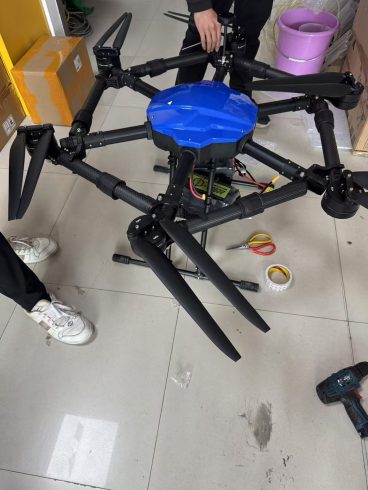
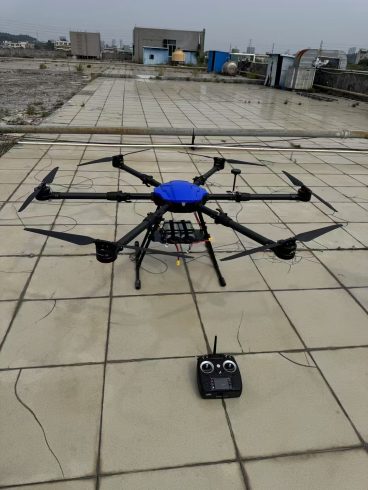
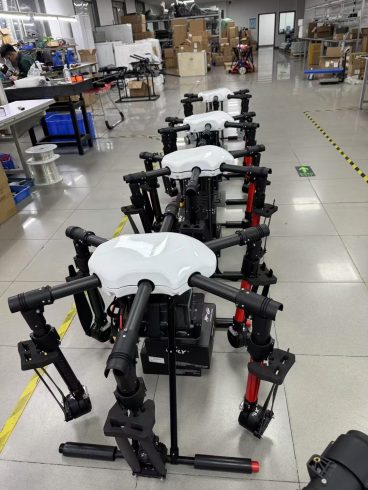
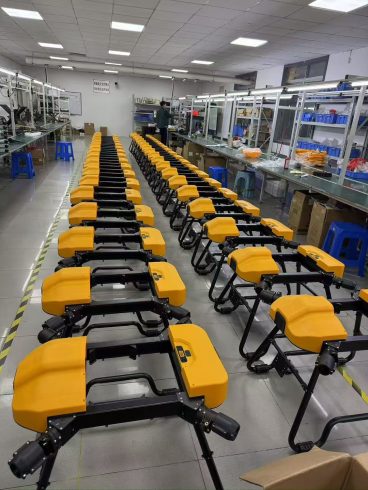
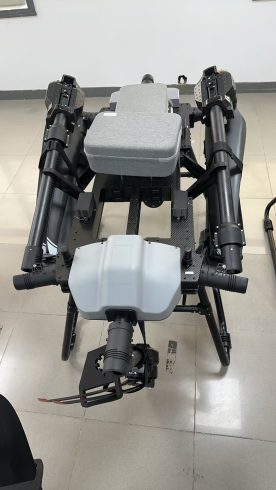
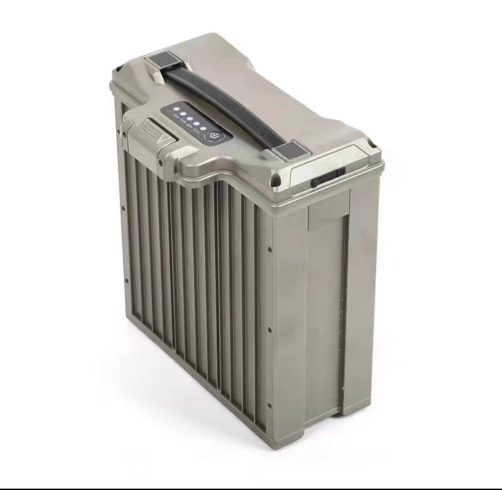
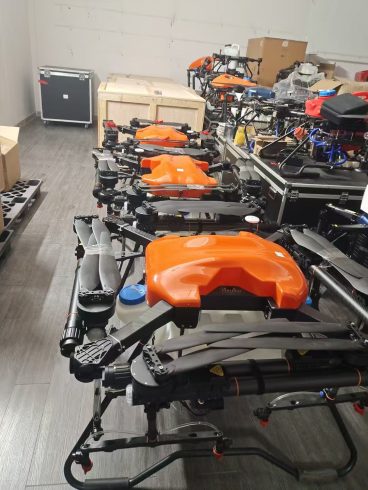
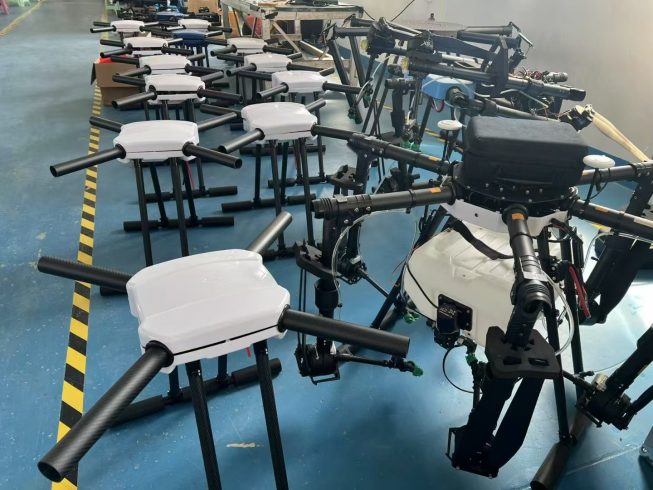
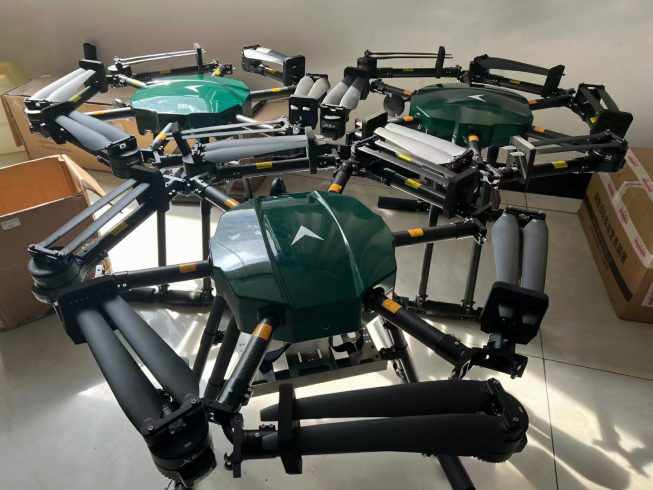
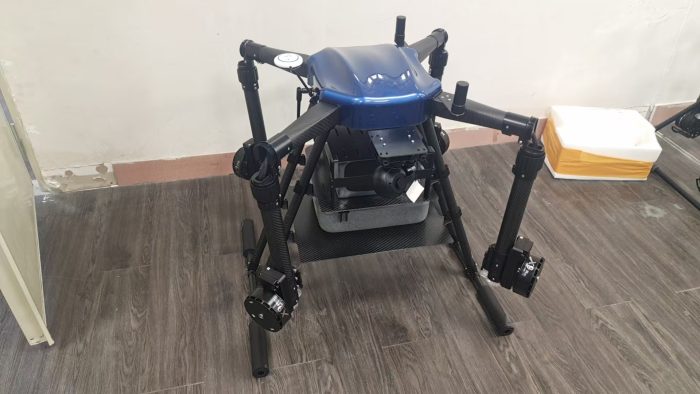

暂无评论内容